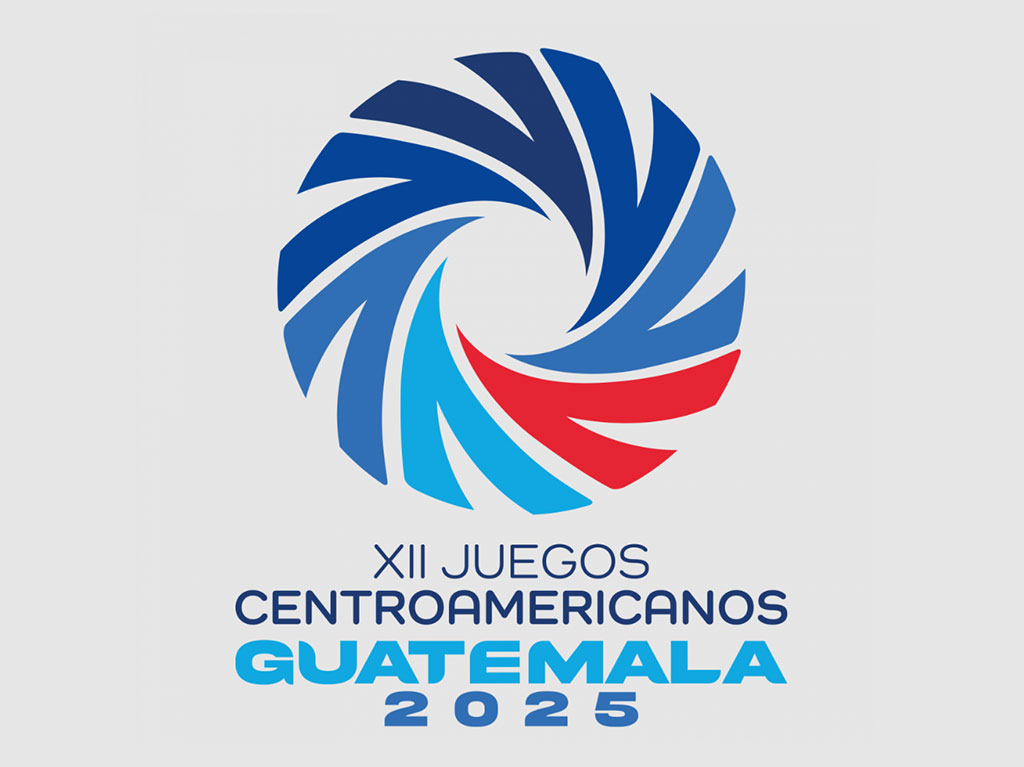Havana, October 17 (RHC) – At least 15 disciplines will begin their competitions today as part of the sporting event that is the XII Central American Games in Guatemala, with all the information on the event’s website.
The excitement can be experienced (with schedule, venues, disciplines, news, and results) at www.guatemala2025.gt and through the platforms of the local Olympic Committee and the country’s Autonomous Sports Confederation.
The Pan American Sports Organization’s channel https://www.panamsportschannel.org/ will be broadcasting live on four channels, in the first step of the cycle leading up to the 2028 Olympic Games in Los Angeles, United States.
A total of 3,299 athletes (5,500 people, including coaching staff, delegates, referees, and journalists) will share the spirit of regional integration until October 30th.
Unidos por el deporte (United for Sports), produced by Francisco Páez and performed by Adri Ibarguen, Hancer, and Kontra Marín, will enliven the event like an anthem and convey the happiness, brotherhood, and effort of the athletes from the seven participating nations.
The jaguar Balami, chosen as the mascot, symbolized power, strength, and life in the culture of Mesoamerican ancestors, while being considered a dual being, representing both darkness and light.
He will bring joy to the fields, and wherever he performs, he will also pay homage to the Mayan cultural heritage and the values and aspirations that inspire the Guatemalan people.
The locals will field the largest delegation, 686 athletes, followed by Panama (512), El Salvador (503), Nicaragua (494), Costa Rica (484), Honduras (480), and Belize (140).
Guatemala has experience, having hosted the Games the most times (at the inaugural event in 1973, 1986, 2001, and 2006, along with Honduras, Nicaragua, Costa Rica, and Panama), according to historical documents.
The blue and white team topped the table at the previous edition (Managua, Nicaragua 2017) with 264 medals (98 gold, 82 silver, and 84 bronze), followed by Costa Rica (60, 62, and 48) and Nicaragua (41, 55, and 63), a status they intend to maintain eight years later.
The Central American Sports Organization, with the endorsement of the International Olympic Committee, created these Games, the first edition of which dates back to 1973, in this very country.

